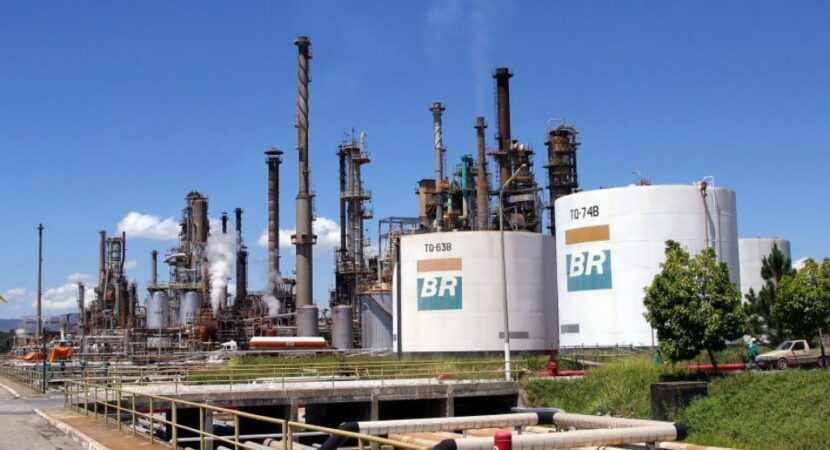
Petrobras follows the roadmap and continues to encourage the sale of its refineries despite strong resistance from its internal body of engineers – Aepet
Aepet – Engineers Association of Petrobras – still resists the state-owned company's decision to sell stakes in eight of its refineries, which continues to follow the script and encourage the market. See too:
- Registration of CVs at Techint Engenharia e Construção for projects in the Parnaíba Basin
- More than 30 job openings for all levels of education at Brinox units in SP, ES, RS and others
- 2020 the year of opportunities – 29.371 vacancies for free professional courses opened by Faetec
The state-owned company made the announcement of the divestment last year, informing the sale of stakes in eight of its refineries. They are: REFAP (Alberto Pasqualini Refinery), REPAR (Presidente Getúlio Vargas Refinery), RLAM (Landulpho Alves Mataripe Refinery), REGAP (in Minas Gerais) and RNEST (Abreu e Lima Refinery in Pernambuco).
Such industrial plants make up two regional refining blocks, with REFAP and REPAR supplying fuel and other derivatives to the southern region of the country, while RLAM and RNEST serve the northeast region.
Those interested in the assets must submit a proposal by March 5th of this year. Interest comes from everywhere: oil companies, investment funds, international groups and Brazilian companies in the fuel distribution sector.
Among them, Grupo Ultra, Cosan, Sinopec, investment fund Mabadala (Abu Dabi), EIG (American company that controls the Port of Açu) are examples of companies that have already expressed interest in the refineries, according to industry sources.
However, Aepet says that, with the sales, Petrobras will be leaving future revenues on account of money received in the short term in the sale of part of these refineries. According to the association, it is a mistake to get rid of any percentage of them, since they have a captive market and present good operational and financial results.













And the battlefield, all that matters is victory...
"Friendly nation" I don't believe you can…
The potential of this research and…
There is already a language translation app…
Developed countries now need a helping hand…
I've never seen a website publish so much zucchini...
It must be sold to the Australians, nation…
Much better than playing a lot…